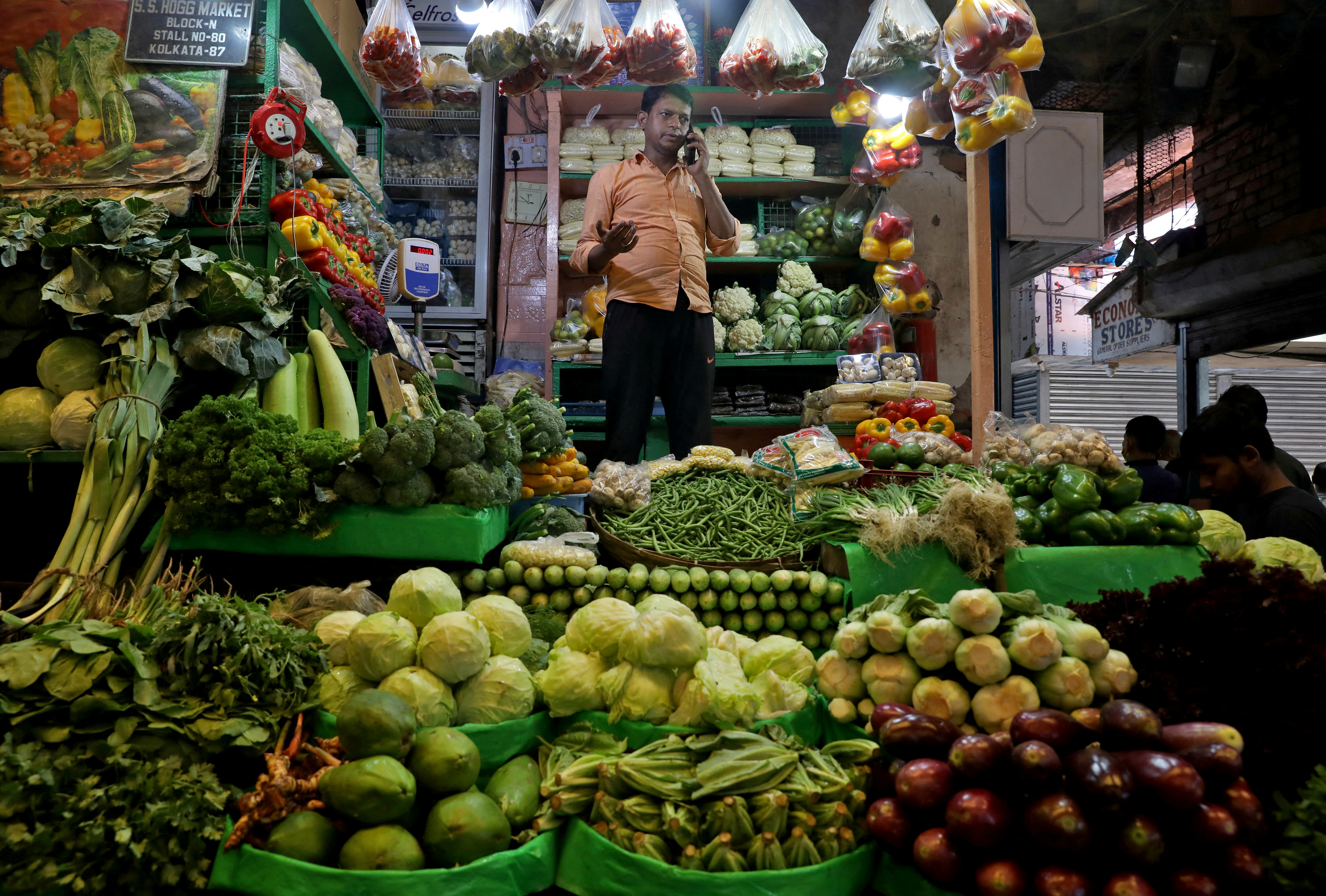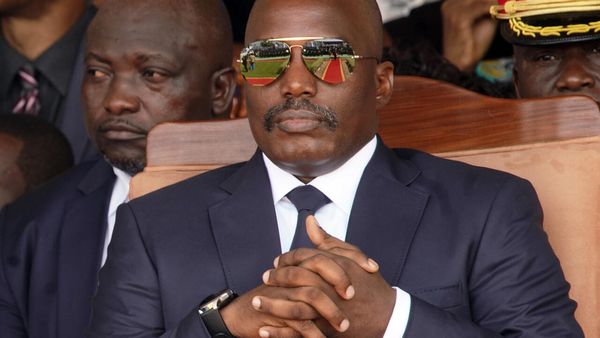
The Reserve Bank of India raises its benchmark repo rate by 50 basis points on Friday, the fourth straight increase, as policymakers extend their battle to tame stubbornly high inflation and analysts say further tightening is on the cards.
The monetary policy committee (MPC), comprising three members from the RBI and three external members, raised the key lending rate or the repo rate to 5.90 percent with five out of the six voting in favour of the rise.
The RBI has now raised rates by a total 190 basis points since its first unscheduled mid-meeting increase in May but inflation has continued to remain stubbornly high – a phenomenon that is affecting much of the global economy. One basis point is 0.01 of one percentage point.
“The inflation trajectory remains clouded with uncertainties arising from continuing geopolitical tensions and nervous global financial market sentiments,” Governor Shaktikanta Das said in his address accompanying the MPC’s decision.
“In this backdrop, MPC was of the view that persistence of high inflation, necessitates further calibrated withdrawal of monetary accommodation to restrain broadening of price pressures, anchor inflation expectations and contain the second round effects,” he said.
The MPC also was of the view the current policy rate, adjusted for inflation, was still below 2019 levels.
Most economists expected further tightening, and several predicted the terminal rate at 6.5 percent, suggesting another 60 bps of rate increases.
That was well above this month’s median Reuters poll forecast at 6.00 percent in each quarter through end-2023.
“The market was positioned for peak policy rate near 6 percent, today’s 50 bps hike will raise expectations that the peak policy rate is higher than earlier believed. We see peak policy rate at 6.5 percent now,” said Prithviraj Srinivas, chief economist at Axis Capital.
Rajani Sinha, chief economist at CARE Ratings’ research unit CareEdge, warned that the central bank “will have to walk a tightrope as it balances between inflation management while sustaining the growth impulses in the economy”.
Fed angst
The US Federal Reserve’s relentless and aggressive rate rises over recent months to curb inflation have battered the rupee, and most other emerging and developed market currencies.
“Clearly, the fast-evolving world order and consistent repricing of Fed’s out-sized hikes are strong-arming the emerging markets,” said Madhavi Arora, lead economist at Emkay Global Financial Services.
Policymakers around the world are grappling with a sweeping shift away from their respective currencies and into the safe-haven dollar, raising worries of capital outflows and further damage to their economies.
Economists have said the RBI, too, would need to focus on ensuring the interest rate differential is not too low.
The MPC lowered its GDP growth projection for financial year 2023 to 7 percent from 7.2 percent earlier, while its retail inflation forecast was held steady at 6.7 percent.
India’s annual retail inflation rate accelerated to 7 percent in August, driven by a surge in food prices, and has stayed above the RBI’s mandated 2-6 percent target band for eight consecutive months.







